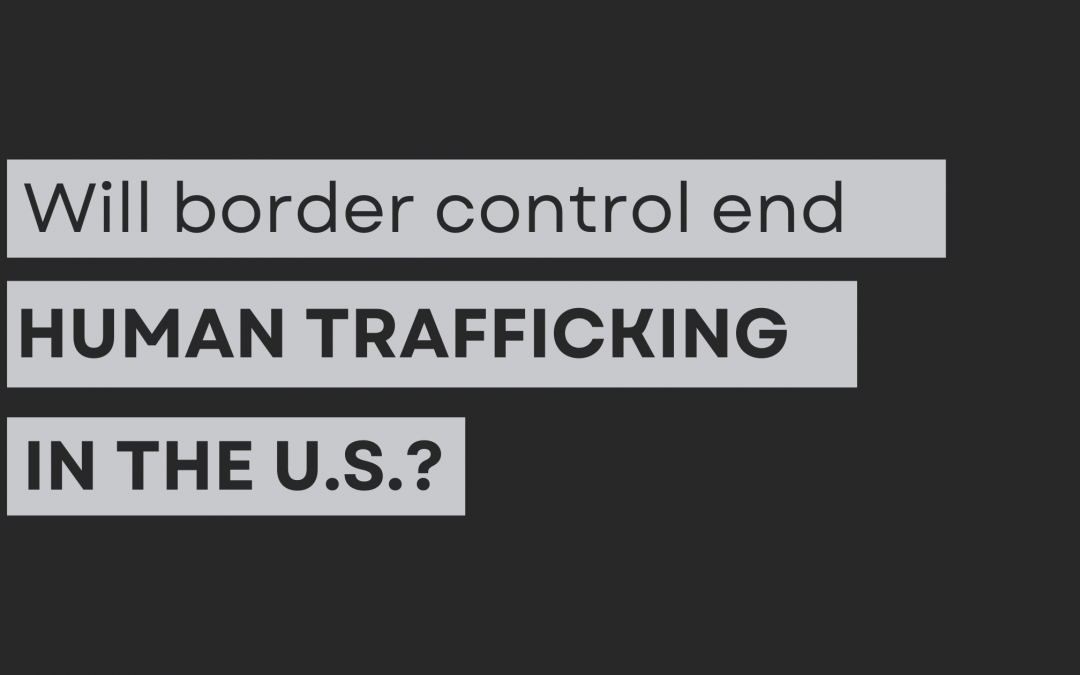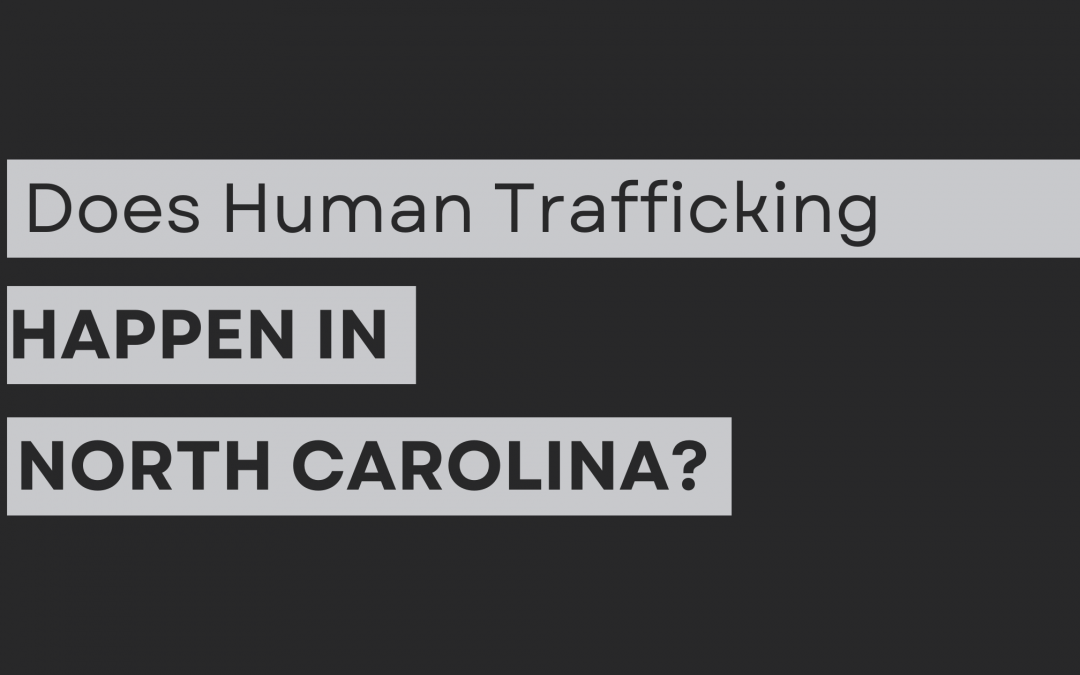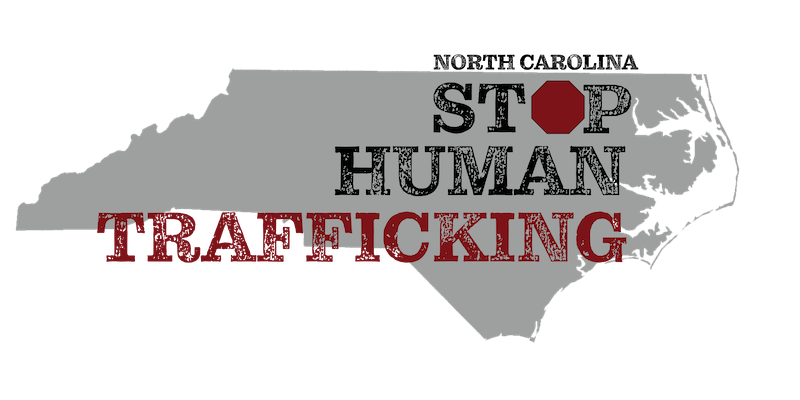A common question that comes up while we are out in the community is, “We are talking about sex trafficking, right?” And the answer to that one is yes, but we are also talking about labor trafficking.
When we are addressing human trafficking, we cannot forget the other piece of the problem, and that piece is forcing, compelling, or otherwise coercing people to work where consent is absent and fear is ever present.
In North Carolina, labor trafficking is seen in the fields, in homes, and in neighborhoods. To put a fine point on the issue, where there is money to be had, the demand for cheap labor will abound.
Agriculture
Typically, in N.C., we will see agriculture as the top industry where labor trafficking and exploited labor occur. It makes sense. The industry is the biggest money maker in the state, and exploitation typically abounds where there is money to be had.
North Carolina’s agriculture industry had an economic impact of $100 billion in 2023. According to the U.S. Department of Agriculture, almost one in five workers in this state are employed in the agricultural industry.
With such a booming industry, farmworkers from predominantly Latin America work under the H2A guest worker visa program. This guestworker visa program is inherently exploitative. The person who holds the worker’s visa has the power. Without checks and balances in this program, bad actors play a significant role in how much money they can make on the backs of those who have no choice but to leave.
Domestic Work
Undocumented workers are also more vulnerable to being trafficked, which is an issue in agriculture but also in domestic work.
Domestic workers are also exploited in labor trafficking schemes in North Carolina. This is mainly due to the lack of labor protections available for domestic workers. They are often immigrants working in an isolated home. Many workers don’t know how to get help or whether help is available.
Though farmwork and domestic work are the top industries in N.C., other sectors to consider are construction, traveling sales crews, nail salons, and fishery.
I will leave you with a quote from Caitlyn Ryland, an attorney representing farmworkers with Legal Aid of North Carolina.
“I think in just focusing on sex trafficking, we’re really doing North Carolinians a disservice. There are a number of reports, both globally and nationally, that, by far, labor trafficking is the majority of trafficking that is occurring in our world. But also, understanding labor trafficking and labor exploitation helps us to better understand how to investigate and prosecute sex trafficking.”
— Written by Melinda Sampson, chief operating officer at NC Stop Human Trafficking. She can be reached by email at melinda@encstophumantrafficking.org. To support our work, click here.

“If We Improve Border Control, Can We Gid Rid of Human Trafficking?”
A common question community members ask relates to border control. The question sounds like “If we improve border control, can we get rid of human trafficking?”

Does Human Trafficking Happen in North Carolina?
Human trafficking occurs in North Carolina every day. The very limited data that is available answers the question, and though it isn’t a full picture, it does provide a snapshot.

